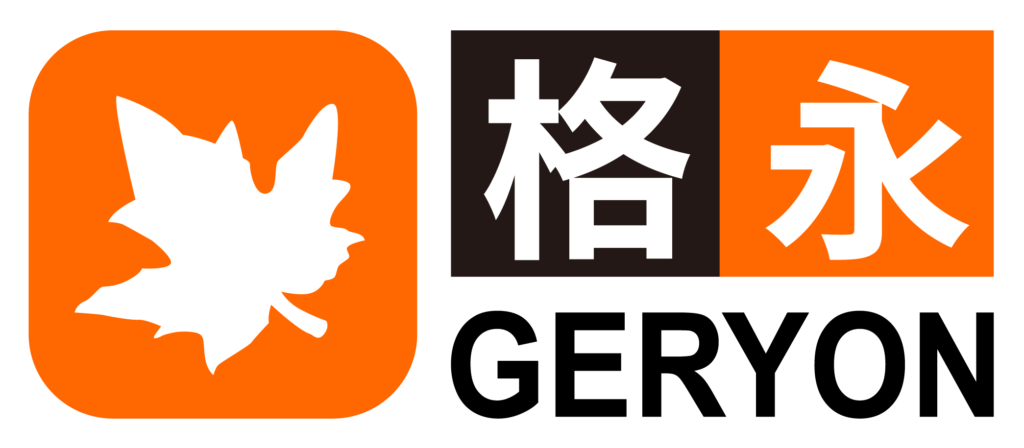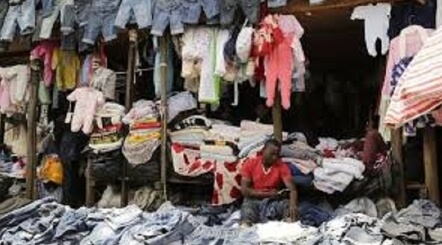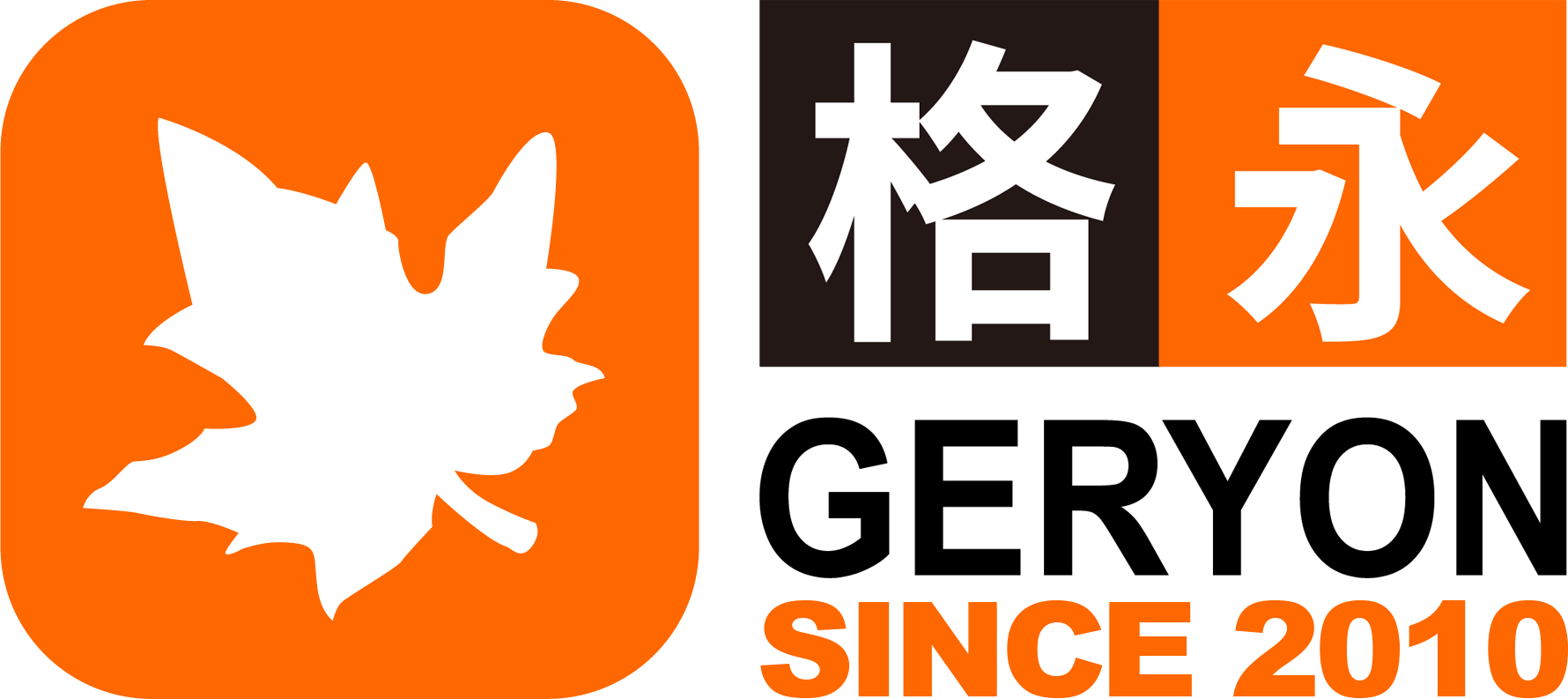The vibrant culture of Nigeria is reflected in its fashion, and the used clothes market is no exception. With a rich array of styles and influences, Nigeria used clothes offer a unique blend of tradition and modernity. This post aims to shed light on the current trends influencing the market, the opportunities available for importers, and the insights needed to succeed in this competitive landscape.

Introduction
The Nigeria used clothes market is becoming a vital segment in the broader context of secondhand fashion across West Africa. Similar to trends seen in neighboring Ghana used clothes, the market is evolving, driven by consumer demand for affordable, stylish, and sustainable clothing options. This article will explore the dynamics of the Nigeria used clothes sector, highlighting trends, opportunities, and valuable insights for importers.

Current Trends in Nigeria Used Clothes
The Nigeria used clothes market is characterized by a mix of traditional and contemporary fashion influences. As consumers become more fashion-conscious, the demand for unique, vintage, and high-quality secondhand garments is on the rise. Much like in Ghana used clothes markets, where styles often reflect local culture, Nigeria’s fashion scene is embracing a diverse range of influences that cater to a growing appreciation for secondhand apparel.
Popular Styles and Fashion Influences
Consumers in Nigeria are increasingly drawn to styles that blend modern trends with cultural heritage. This growing interest mirrors the appeal of Ghana used clothes, where shoppers seek unique pieces that tell a story. By focusing on the unique aspects of both markets, importers can better understand the preferences of Nigerian consumers and curate their offerings accordingly.
Shift Toward Sustainable Fashion
There is a notable shift toward sustainable fashion practices among Nigerian consumers, influenced by global trends and local activism. As people become more aware of the environmental impact of fast fashion, they are turning to secondhand options. This trend resonates with the Ghana used clothes market, where sustainability is also becoming a focal point. Importers can capitalize on this shift by promoting the environmental benefits of buying used clothing.
Impact of Social Media on Consumer Choices
Social media plays a crucial role in shaping consumer preferences in Nigeria, as it does in Ghana. Influencers and fashion enthusiasts share their secondhand finds, making used clothing more desirable. This phenomenon drives interest in Nigeria used clothes and encourages a new generation to explore sustainable fashion. Importers should leverage social media platforms to engage with consumers and highlight the unique aspects of their offerings.
Opportunities for Importers
The growing demand for secondhand apparel in Nigeria presents a wealth of opportunities for importers. As the market expands, similar trends in Ghana used clothes illustrate the potential for profitability in this sector. Understanding consumer preferences and adapting to market demands can help importers succeed in the competitive landscape of Nigeria used clothes.

Understanding the Target Market
To effectively penetrate the Nigeria used clothes market, importers must gain insights into the target demographic. Analyzing consumer behavior, preferences, and purchasing habits will provide crucial data for tailoring products. This approach is also relevant when considering the success of Ghana used clothes, where understanding the audience has driven effective marketing strategies.
Key Demographics and Consumer Behavior
Nigerian consumers are diverse, with varying tastes and preferences that reflect cultural richness. Importers should focus on specific demographics, including young adults and middle-income families, who are increasingly turning to secondhand options. The trends seen in Ghana used clothes markets highlight the importance of catering to distinct consumer segments and their unique fashion needs.
Strategies for Successful Importing
Adopting effective strategies is key for importers looking to thrive in the Nigeria used clothes market. Building relationships with local retailers and leveraging e-commerce platforms can enhance visibility and sales. By learning from the successes in the Ghana used clothes sector, importers can refine their strategies to better meet the needs of Nigerian consumers.
Challenges in the Nigeria Used Clothes Market
While the opportunities in the Nigeria used clothes market are significant, several challenges must be addressed. Importers face regulatory hurdles, quality control issues, and competition that can complicate their efforts. Drawing parallels with the Ghana used clothes experience can provide valuable insights into overcoming these obstacles.
Regulatory Considerations
Navigating the regulatory landscape is crucial for importers of Nigeria used clothes. Compliance with local laws and import regulations is essential to avoid potential fines or delays. Similar regulations in the Ghana used clothes market highlight the importance of understanding and adhering to legal requirements to ensure smooth operations.
Quality Control and Sourcing Challenges
Maintaining quality is a primary concern for importers in the used clothing sector. Sourcing high-quality garments that meet consumer expectations can be difficult. By observing practices in the Ghana used clothes market, importers can develop effective quality control measures that ensure they provide desirable products to Nigerian consumers.

Competition and Market Saturation
As the Nigeria used clothes market grows, competition is intensifying. New entrants and established players alike are vying for market share, making differentiation crucial. Drawing from lessons learned in the competitive landscape of Ghana used clothes can help importers identify their unique selling propositions and carve out a niche in Nigeria’s vibrant market.
Insights for Navigating the Import Process
Successfully importing used clothes into Nigeria requires strategic planning and execution. By leveraging insights gained from experiences in the Ghana used clothes market, importers can enhance their understanding of the local landscape and position themselves for success.
Tips for Importing Used Clothes into Nigeria
Importers should focus on understanding the logistics of importing used clothes into Nigeria, including shipping, customs clearance, and local distribution. Effective planning and knowledge of the import process can streamline operations and reduce delays. Learning from the Ghana used clothes market’s import strategies can provide valuable guidance for navigating these challenges.
Building Relationships with Local Retailers
Establishing strong connections with local retailers is essential for importers looking to succeed in Nigeria’s used clothes market. Collaborating with established businesses can provide access to consumer insights and enhance brand visibility. Experiences from the Ghana used clothes market highlight the importance of these relationships in fostering a successful business model.
Leveraging E-commerce Platforms
E-commerce is reshaping the retail landscape, and the Nigeria used clothes market is no exception. Importers can utilize online platforms to reach a wider audience and facilitate sales. By observing successful e-commerce strategies in the Ghana used clothes sector, importers can tailor their approaches to better connect with Nigerian consumers.
Conclusion
The Nigeria used clothes market offers significant potential for importers willing to navigate its complexities. By understanding trends, identifying opportunities, and learning from neighboring markets like Ghana used clothes, businesses can position themselves for success in this dynamic landscape. As consumer preferences continue to evolve, staying attuned to market changes will be key to thriving in the ever-growing secondhand fashion sector.
